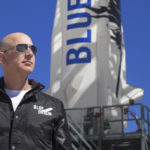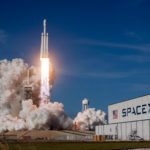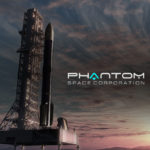Bezos’ Blue Origin Unveils Plans to Build a Private Space Station as ISS Ages
Jeff Bezos’ Blue Origin unveiled on October 25, 2021, that it has teamed with Boeing, Sierra Space and others for the commercial space station. Named “Orbital Reef,” the space station is expected to be deployed between 2025 and 2030.
The commercial off-Earth outpost Orbital Reef, which is scheduled to be up and running by the late 2020s, will be habitable for up to 10 people as a “mixed-use business park” in space — as well as capable of “exotic hospitality” for space tourists.
Orbital Reef is designed to have almost as much habitable volume as the International Space Station (ISS).
Under the aegis of Blue Origin
Blue Origin’s plan is predicated on the idea that the end is coming for the ISS, which NASA is still figuring out how exactly to remove from orbit.
While space stations have been helpful for space exploration, Blue Origin senior vice president Brent Sherwood argued in a recent op-ed that private companies now can take over much of the burgeoning economy in low-Earth orbit LEO.
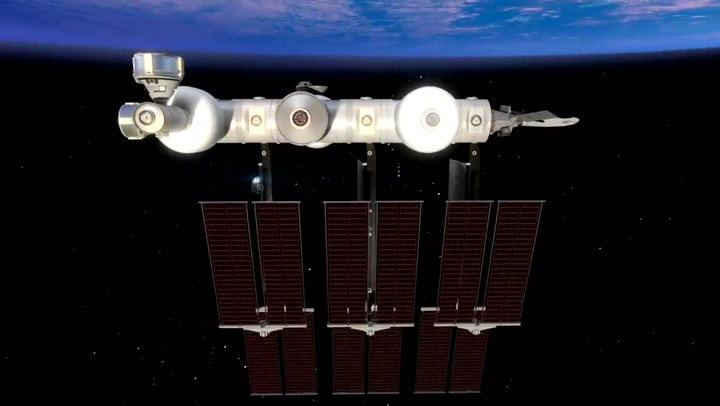
Blue Origin is even building a space tug, a transport vehicle that moves cargo between different orbits. It could reportedly salvage parts from the ISS and incorporate them into Orbital Reef’s systems.
The company’s primary partner for the station is Sierra Space, a subsidiary of aerospace contractor Sierra Nevada Corporation, with the team also including Boeing, Redwire Space and Genesis Engineering.
Boeing, a key partner in the ISS program, will be in charge of Orbital Reef operations and maintenance. The company will also provide science modules, and its Starliner capsule will deliver people and cargo to the outpost.
The race to space
Project team members said that orbital Reef’s envisioned customers include national governments, private industry, and space tourists. The outpost will initially complement but eventually take the baton from the International Space Station (ISS), which is expected to be retired in the 2028 to 2030 timeframe.
“For over 60 years, NASA and other space agencies have developed orbital spaceflight and space habitation, setting us up for commercial business to take off in this decade,” Brent Sherwood, senior vice president of advanced development programs for Blue Origin, said in a statement.
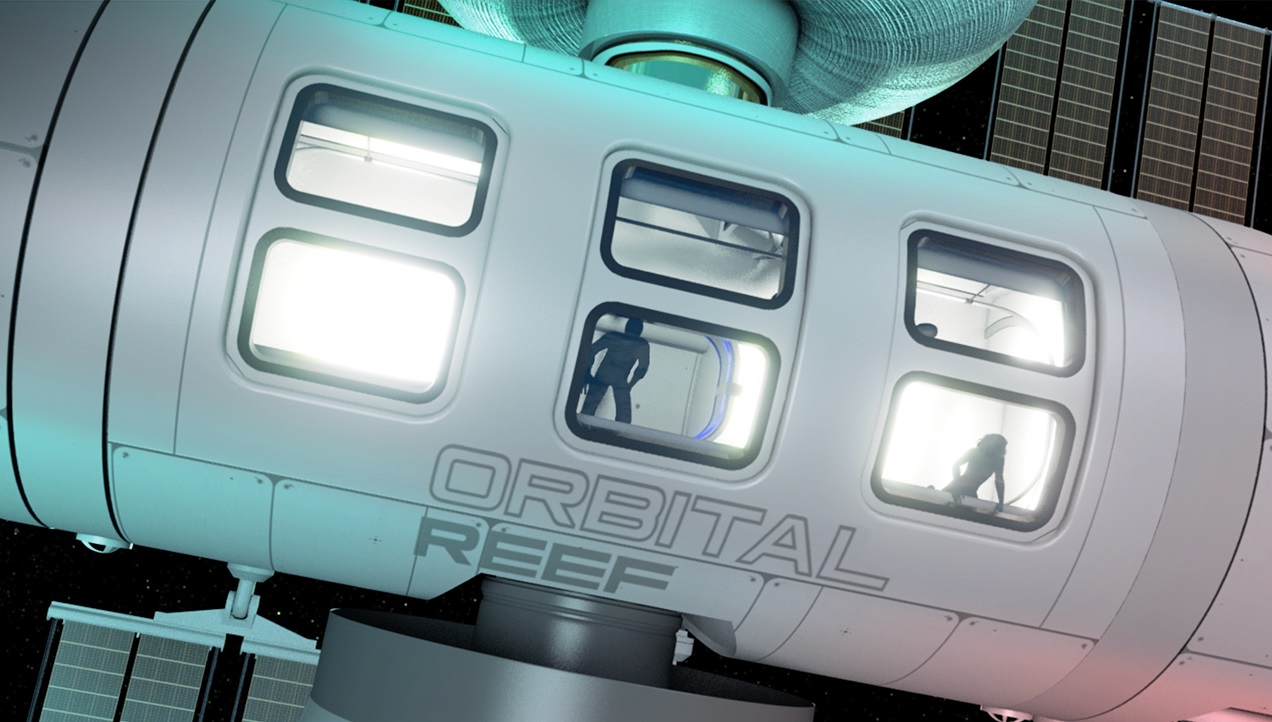
“We will expand access, lower the cost, and provide all the services and amenities needed to normalize spaceflight,” he added. “A vibrant business ecosystem will grow in low Earth orbit, generating discoveries, new products, new entertainments and global awareness,” said Sherwood.
NASA looking for more private investors
NASA aims to encourage the development of Orbital Reef, Starlab, Axiom Station and other commercial outposts via Commercial LEO Destinations (CLD), a two-phase program modeled on the agency’s successful strategy for getting private cargo and crew deliveries to the ISS up and running.
“In the first phase, NASA will pursue multiple funded Space Act Agreements for early concept development of commercial destinations,” agency officials wrote in a CLD update earlier this year.
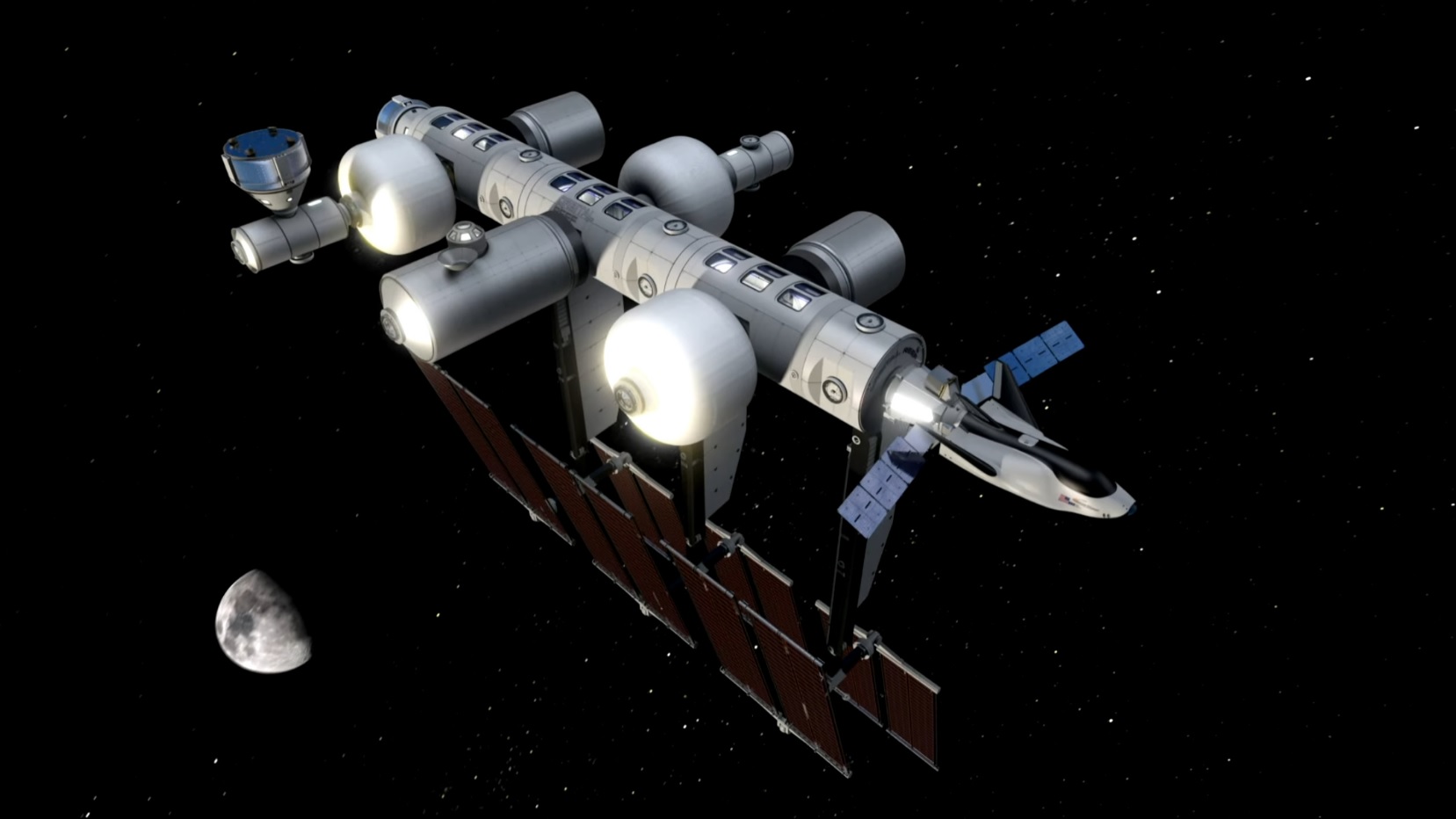
“In the second phase, NASA intends to purchase destination services when such services become available for purchase.”
Orbital Reef team members hope to secure some NASA funding eventually, but they’re not waiting around for it.
“You can’t start in the middle part of the decade and have a station ready to be operating so that you can have an overlap in operational capability before the ISS is retired if it’s retired in 2030,” Sherwood said.
He noted that Phase 1 CLD funding is expected to be “small,” and Phase 2 money likely won’t be awarded until the mid-2020s.






